Kremlin: Putin ready to send delegation for talks with Ukraine
Russia's President Vladimir Putin is ready to dispatch a high-level delegation for talks with Ukraine in the Belarusian capital, Minsk, the Kremlin says, as the Russian military campaign in Ukraine enters its second day.
On Friday, Kremlin's spokesman Dmitry Peskov said Putin was ready to "send a delegation at the level of representatives of Defense Ministry, Foreign Ministry, and Presidential Administration to Minsk for negotiations with the Ukrainian delegation."
Minsk hosted previous peace negotiations on the Ukrainian crisis.
Peskov's statement came as Ukraine's President Volodymyr Zelensky called for direct talks with Putin in a video message earlier on Friday.
China's Foreign Ministry also said that Putin had told his Chinese counterpart, Xi Jinping, during a phone call on Friday that his country was willing to "conduct high-level negotiations" with Ukraine. The ministry also cited the Russian leader as saying that the United States and NATO had long turned a blind eye to Russia's legitimate security concerns, repeatedly failed to honor their commitments, and continued to expand military deployments in Eastern Europe, near Russian borders, challenging Russia's key red line.
Xi reiterated his country's support for a solution to the crisis through dialog, the Chinese Foreign Ministry said in a statement on its website. Xi also urged all parties to respect the legitimate security concerns of all countries and form a balanced, effective, and sustainable European security mechanism through talks.
Syria's Assad says Russia, Syria fighting same enemy
Also on Friday, Syrian President Bashar al-Assad held a phone conversation with Putin and expressed his support for Russia's military campaign in Ukraine, describing it as a "correction of history" and a return of the balance to the world that, he said, had been lost following the dissolution of the Soviet Union.
On Thursday, Putin announced a "special military operation" in Ukraine, stressing that Moscow had "no plans to occupy Ukrainian territory."
Assad stressed that Russia was not defending itself alone, but rather the entire world as well as the principles of justice and humanity. He also held the Western countries' policies aimed at dominating other nations responsible for the chaos and bloodshed, noting that they were supporting terrorists fighting the Damascus government and Nazis in Ukraine.
The Syrian leader also emphasized that Moscow had the right to confront NATO expansion as it constituted an "inclusive threat to the world." Assad said the Syrian and Russian armies were fighting the same enemy. In Syria, it is extremism, and in Ukraine, it is Nazism, he said.
Since 2011, Syria has been gripped by foreign-backed militancy, leading to the emergence of Daesh and other terrorist groups in the Arab country.
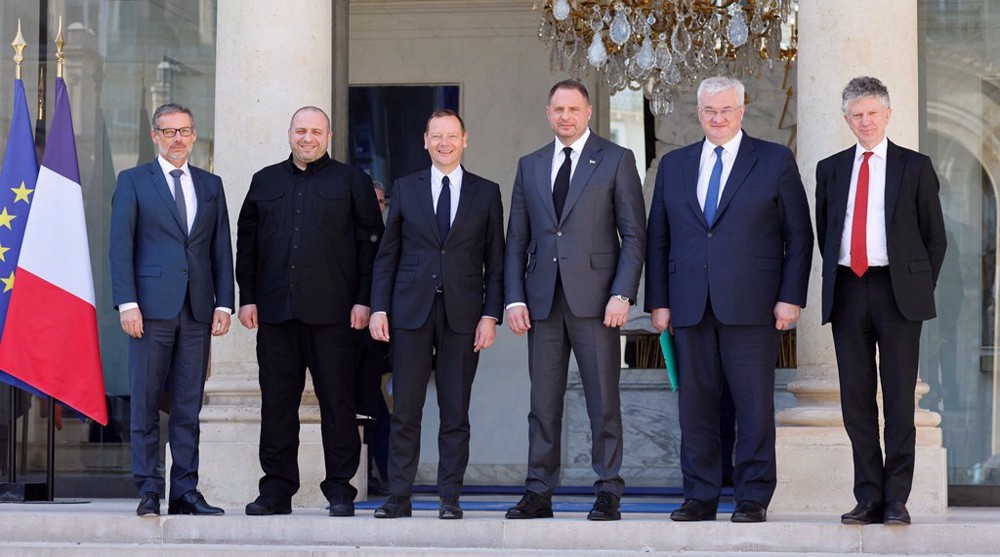
Russia: Europe trying to ‘derail’ talks with US, continue war
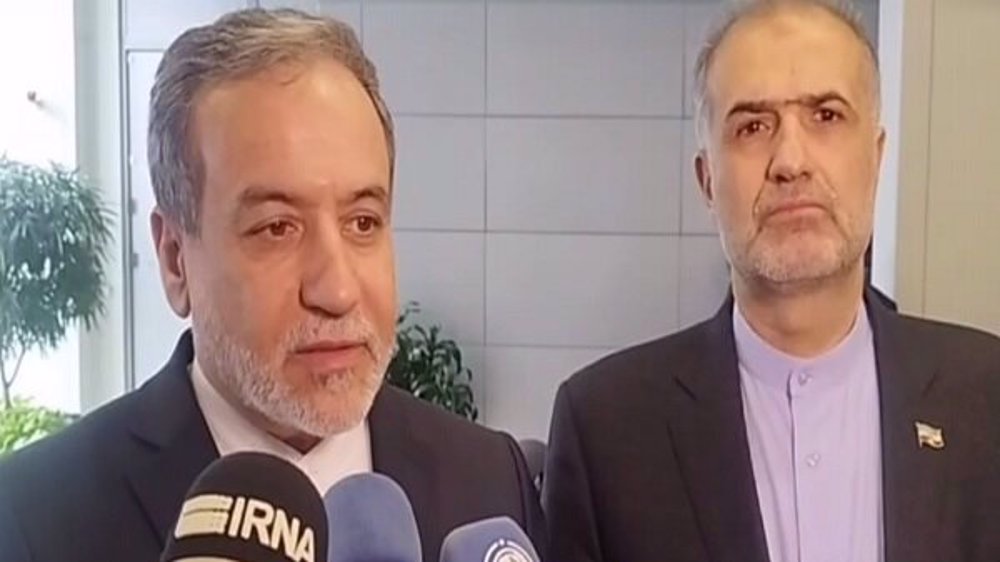
Iran's FM in Russia to 'consult on matters of common concern'
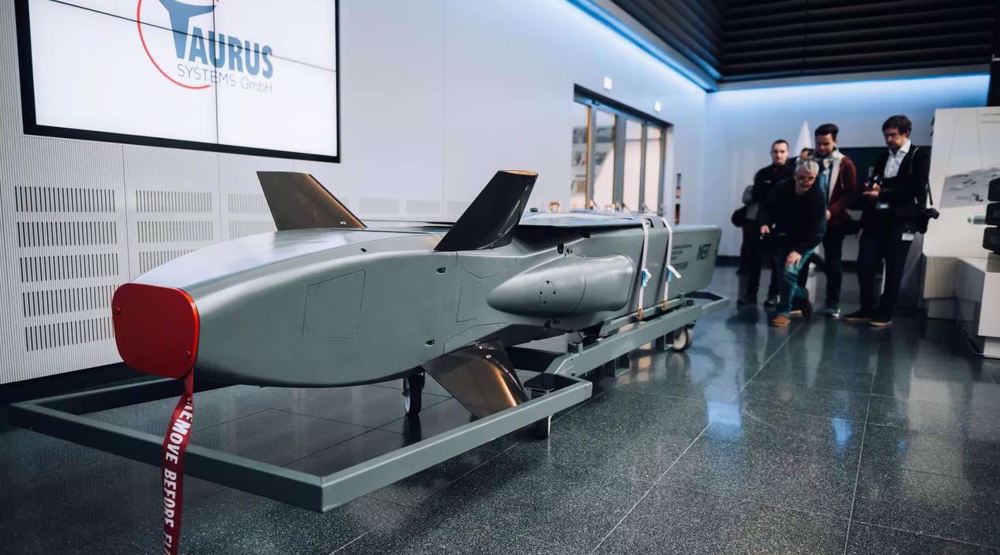
Kremlin warns Germany sending Taurus missiles to Ukraine risks 'escalation'
'No force can disarm us': Hezbollah official
Yemen targets Tel Aviv, US aircraft carriers in pro-Gaza operations
UNRWA raises alarm over dire humanitarian crisis in Gaza amid Israeli blockade
China dismisses Ukraine's allegation of weapon supplies to Russia as 'groundless'
Death toll from US airstrikes on Yemen rises to 74
Iran: World must hold Israel accountable for mass murder, targeting children
Iran: Agreement with US within reach if Washington is realistic
Hayya: Hamas ready to hold talks for ‘comprehensive’ peace deal


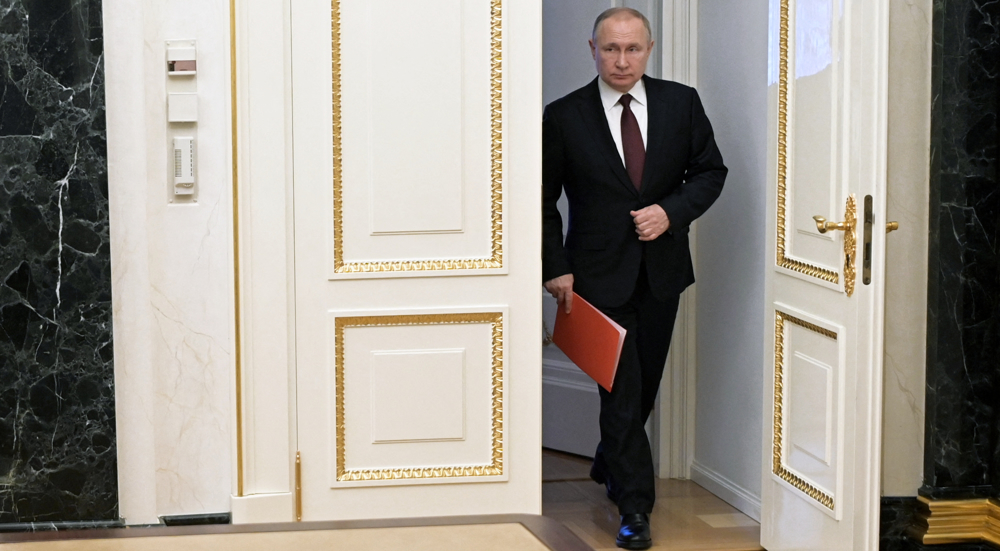
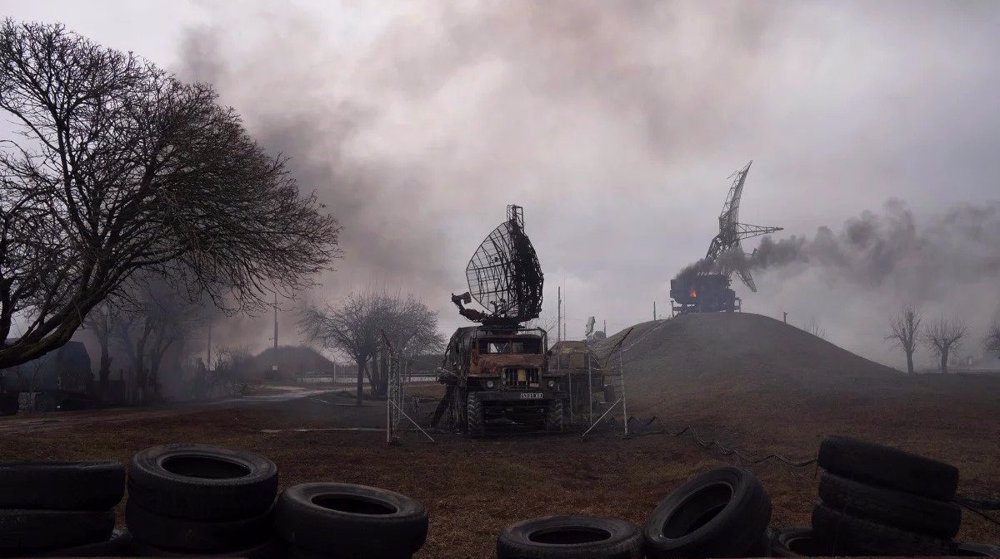



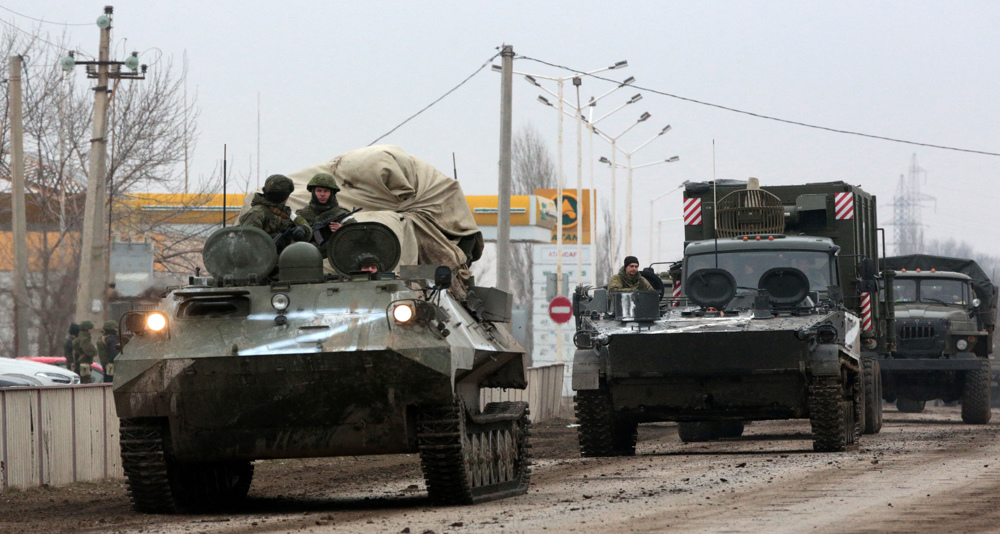
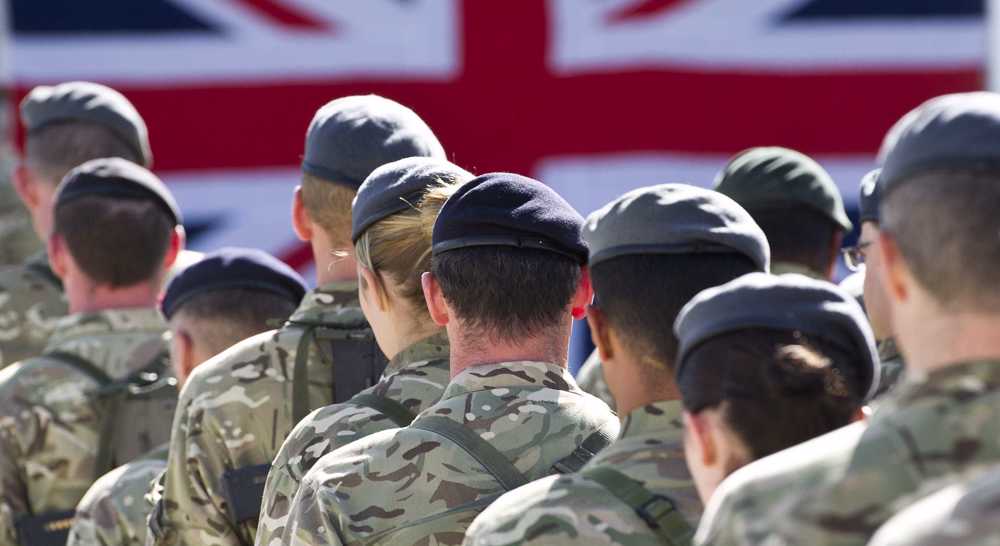
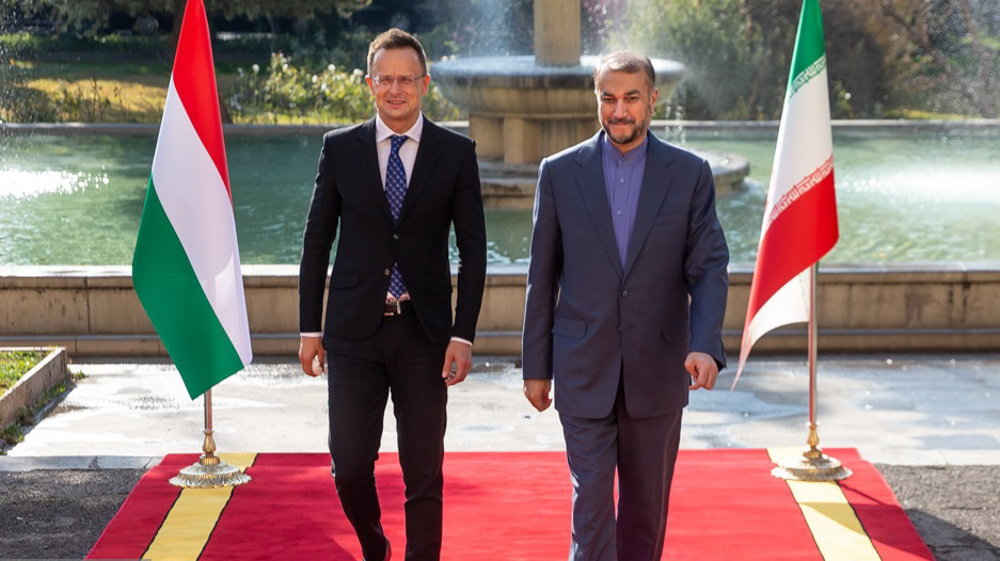

 This makes it easy to access the Press TV website
This makes it easy to access the Press TV website